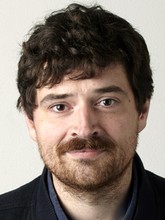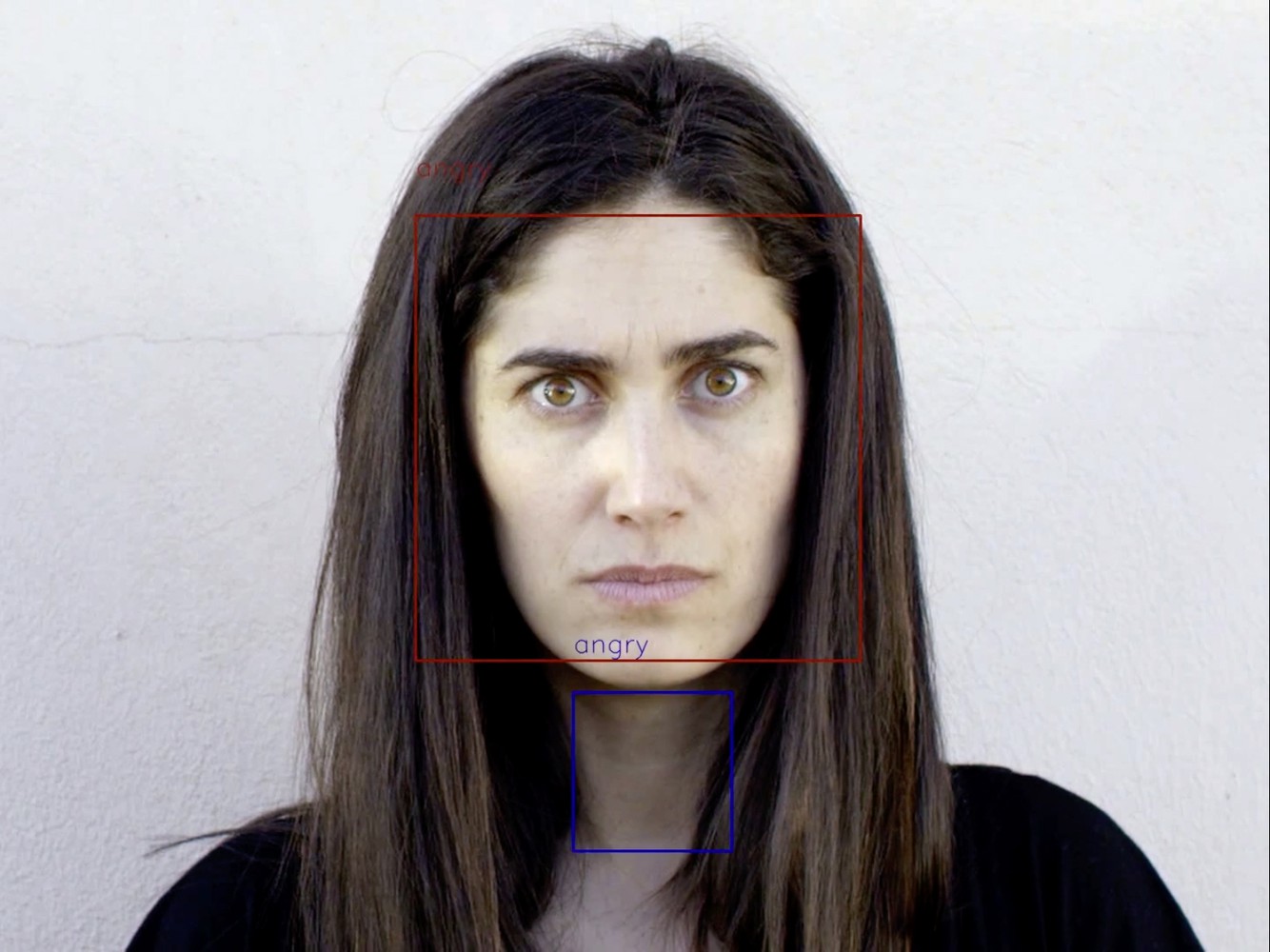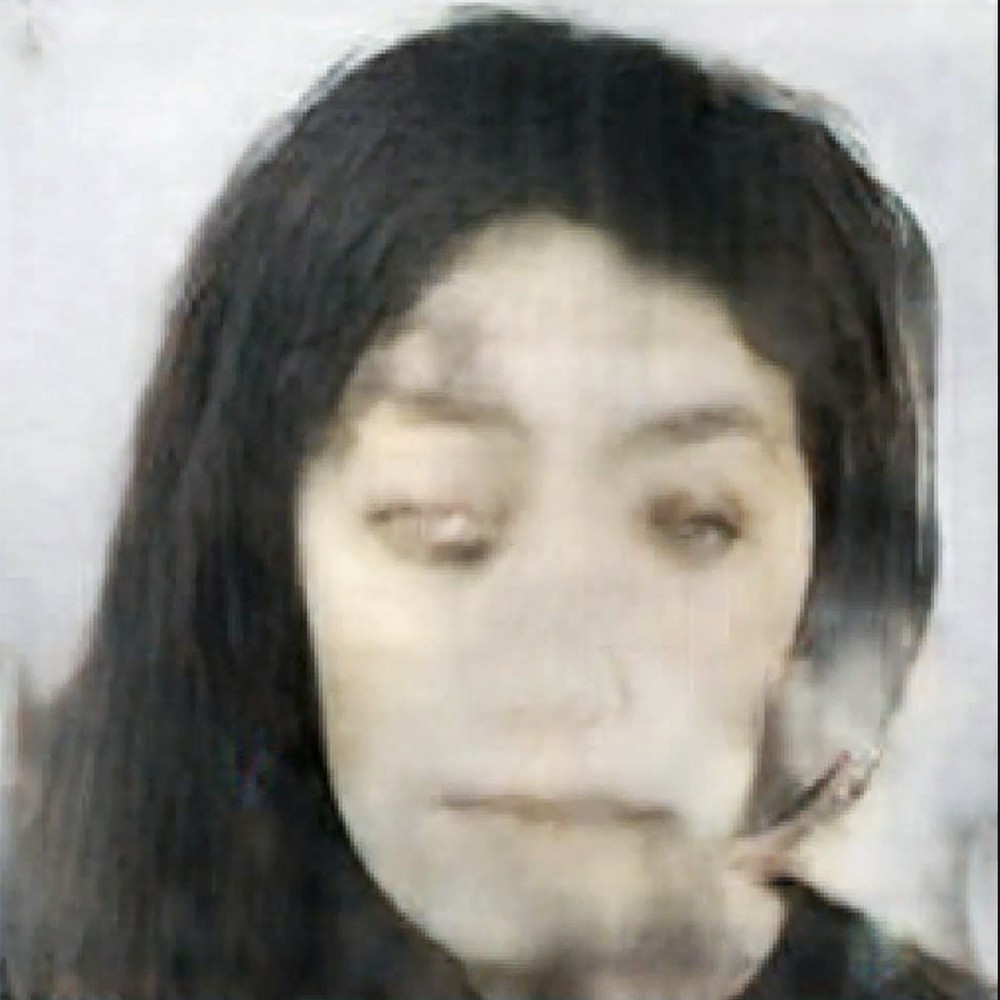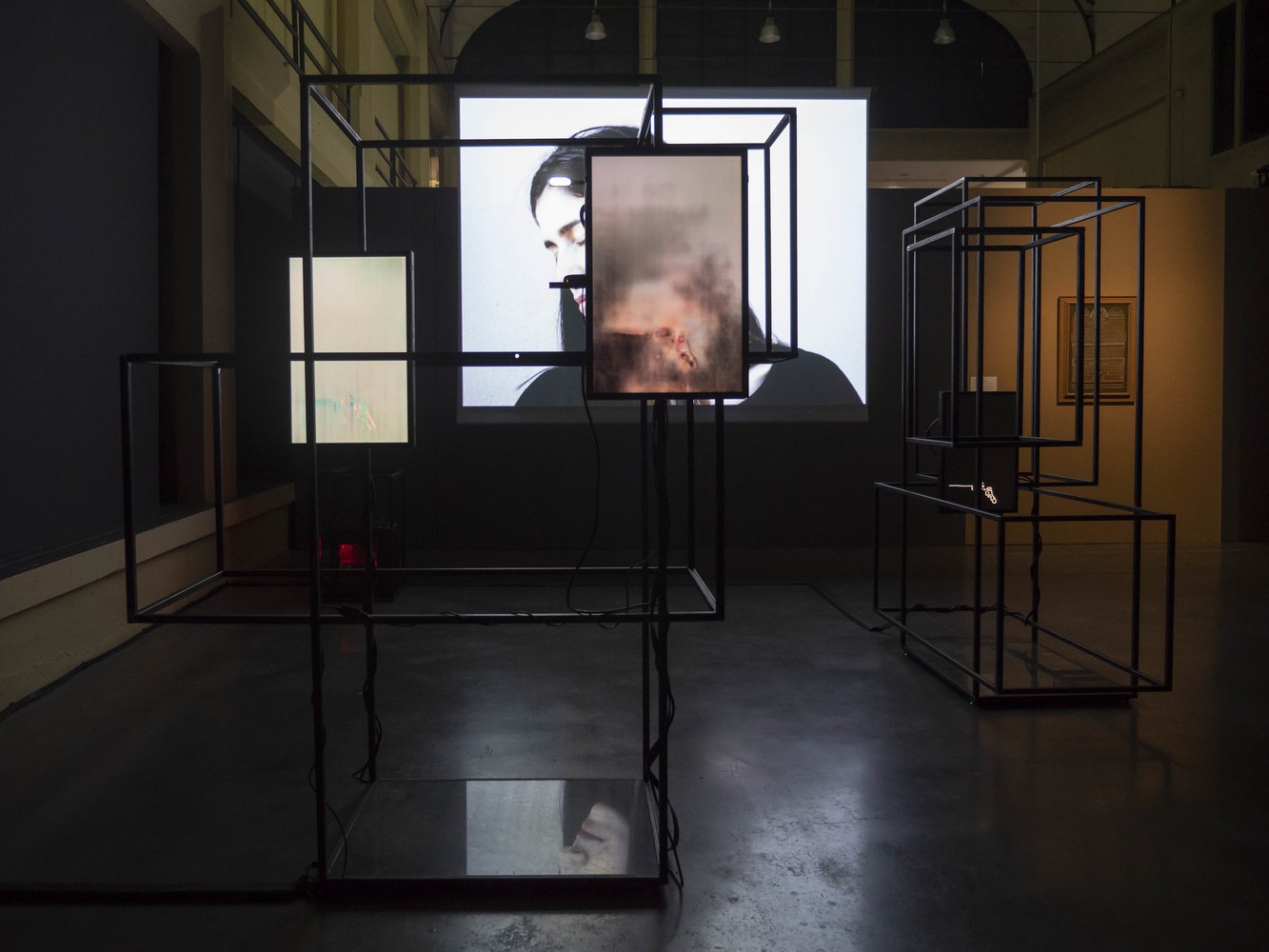L’homme se réinvente sans cesse par la technologie. Celle-ci redéfinit notre rapport aux autres, au monde et à nous-mêmes. Nous perdons toujours certaines capacités quand nous externalisons des fonctions de nos activités. Depuis l’invention de l’écriture jusqu’aux moteurs de recherche contemporains, nous avons délégué à la machine notre capacité à mémoriser. Avec la multiplication des capteurs et les mesures de nos flux physiologiques, c’est notre rapport au corps qui est modifié, avec le GPS, c’est notre faculté à nous guider, à habiter le monde.
Qu’adviendra-t-il lorsque notre imagination elle-même s’externalisera dans la machine ?
L’intelligence artificielle se construit une vérité du monde au-delà de nos perceptions sensorielles. Les réseaux neuronaux convolutifs (GAN) permettent, par des algorithmes, de synthétiser et de générer entre autres des images d’une façon iné-dite. Ces images ont des caractéristiques esthétiques d’une inquiétante étrangeté, elles semblent émerger d’un océan de données, d’une soupe de pixels. Un peu comme si l’on était témoin du processus de l’émergence d’une « pensée » artificielle. La machine apprend à comprendre « l’essence » d’une chose, qu’il s’agisse d’un animal, du visage d’une célébrité ou d’un corpus de texte. Elle est ensuite capable de générer des images nouvelles de cette chose, des visages de célébrités qui n’existent pas, des animaux mutants, des textes inédits. À terme, l’IA sera capable de potentiellement émuler toutes représentations, instantanément et dynamiquement. L’ère de la machine optique et de la capture du réel sera alors définitivement révolue, sup- plantée par l’ère de la machine générative de réel.
Sandro Della Noce, Nathalie Rozanes et Emmanuel Van Der Auwera

Thomas Depas est né en 1985.
À travers sa pratique, il manipule l’image par des opérations mécaniques, chimiques et de transcodages, cherchant la manière dont elle se structure afin d’en révéler la physicalité. Formé à l’image pixel, modulable et reconfigurable à l’infini puis à l’image argentique dans une pratique de laboratoire. Il développe un langage par médiation, entre autre de l’outil, de la machine et de l’information. Il entretient une approche sensorielle aux textures de l’image mouvement – Films et Art Digital, investiguant les relations entre la technique et le vivant.
CursusVit et travaille actuellement à Bruxelles.
Après l’ESA Saint-Luc, option Art Visuel de l’Espace, il intègre l’HELB-INRACI (Haute école libre de Bruxelles - Institut de Radioélectricité et de Cinématographie), d’où il sort diplômé en Cinématographie en 2012. Il intègre ensuite d’une part le LABO bxl, collectif de recherche et d’expérimentation autour du medium film et d’autre part le FABLAB de l’IMAL ( Interactive Media Art Laboratory).Il combine sa pratique artistique avec le métier de chef opérateur en collaborant avec de nombreux artistes tels que Dora Garcia, Thierry Oussou, Aline Bouvy, Christina Vantzou, Julien Saudubray et Emmanuel Van Der Auwera.
Enfin, tout récemment, on a pu le voir comme comédien dans les films du metteur en scène et réalisateur Claude Schmitz : Rien sauf l’été (Grand Prix Europe 2017) du Festival de Cinéma de Brive et Braquer Poitiers - Chapitres 1 & 2 (Prix Jean Vigo 2019).
En collaboration avec l’équipe SequeL/Inria : Yannis Flet Berliac (Université de Lille, CNRS, Centrale Lille, CRIStAL, Inria)









